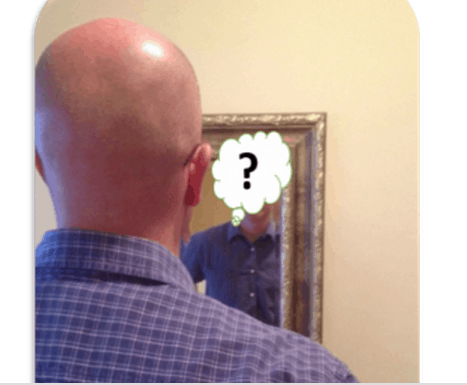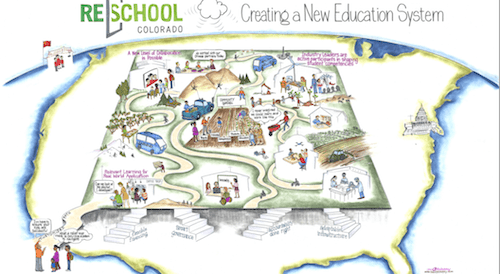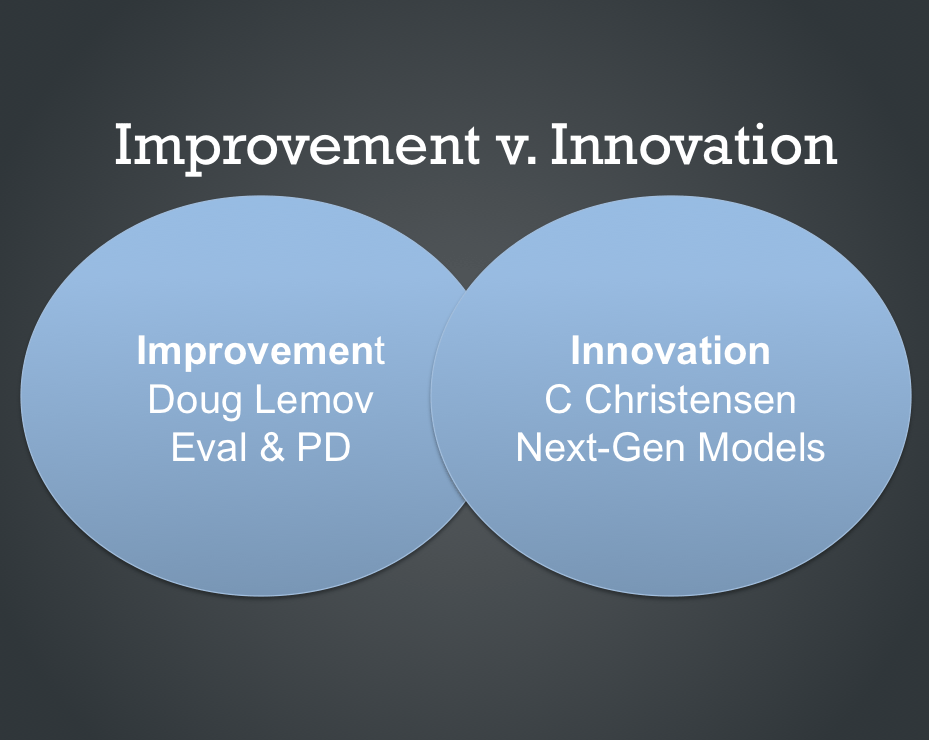EdPolicy
Fostering Innovation in Cities
To create real and lasting change in any large organization but particularly in government, it’s not enough to change policy: you also have to change the daily practice and culture of the organization.
Smart Cities Spur Innovations in Learning
It's time to get smart; innovative tools and schools are helping; most innovations come from smart ecosystems--and it all begins with a startup mindset. We're writing the Smart Cities book--and you can help.
A District Guide to Online Learning
Online learning can expand student (and staff) options, grow enrollment, and power blended learning. It shares many critical success factors with traditional education, but different enough that you need to do your homework and develop a good plan. Following is a 10 point district/network guide to online learning.
Innovator’s Dilemma: Edu Style– The Long Transition to Digital
“We talk about the transformation of learning--adaptive and blended--but in visiting higher ed customers, it’s interesting to see what has changed and hasn’t,” said Simon Allen, CEO of Macmillan. “Some places don’t change--they want to know what’s in the new addition of a sociology textbook.”
50 End of School Year, Self-Probing Questions for Educators
With summer break just around the corner, it's that time to take an honest self-assessment. Try these 50 out as the end of school quickly approaches.
Common Core: Better Standards, Conditions, Tools, & Outcomes
Leaving the Common Core would be like a group of phone users leaving iOS or Android and going back to Blackberry--few apps, few updates, few friends. The politically motivated change would lead to weaker expectations, less teacher collaboration, and higher costs.
EdTech 10: Map Is The Word
The key word for this weeks is “maps” - whether it’s mapping the way to college and career readiness, providing the latest mapping software to K-12 schools across the country or maybe just pulling out your road map to decide where you are going to visit during your summer vacation...
What’s Next in Education? A New Education System
By: Amy Anderson. To enable this much-needed fresh start, the Donnell-Kay Foundation initiated ReSchool Colorado to design and implement a new statewide public education system that pushes the boundaries of current thought and practice to provide an exceptional education for students living in this century...
Infographic: College and Career Readiness GPS for Every Student
This infographic previews the next DLN Smart Series paper, “Core & More: Guiding and Personalizing College & Career Readiness” being released Thursday.
Improvement vs. Innovation
Improvement is playing for singles and doubles. Innovation in swinging for the fences. EdLeaders need to lead community conversations that create the right balance of the two.












